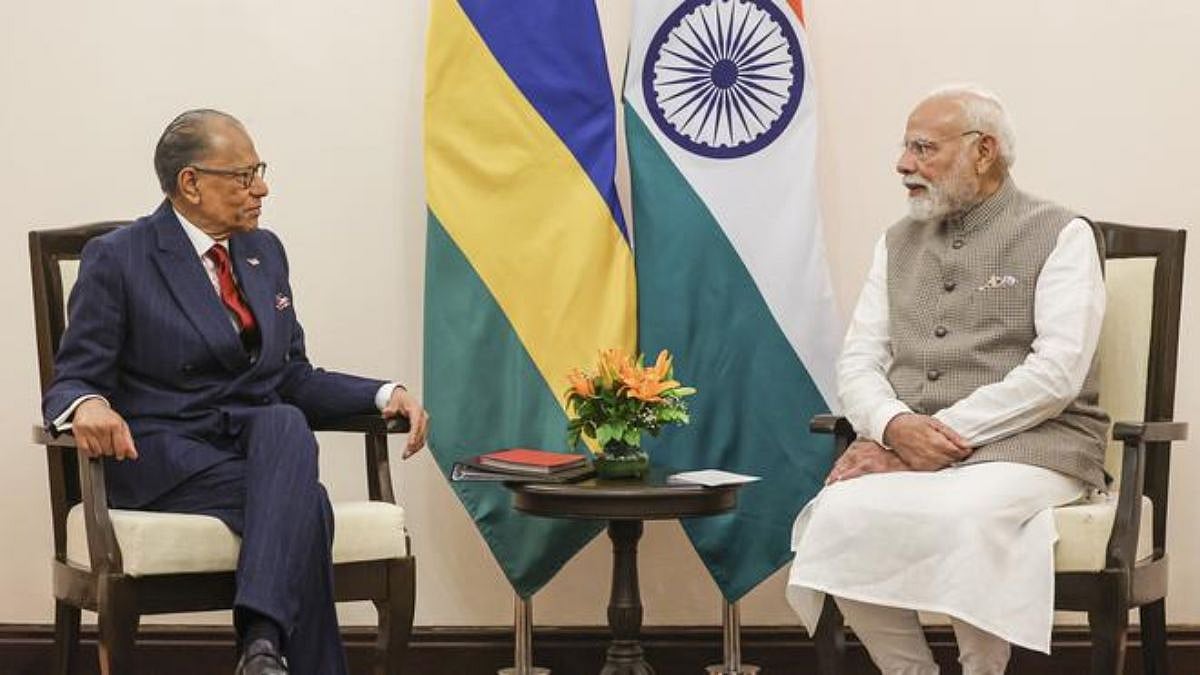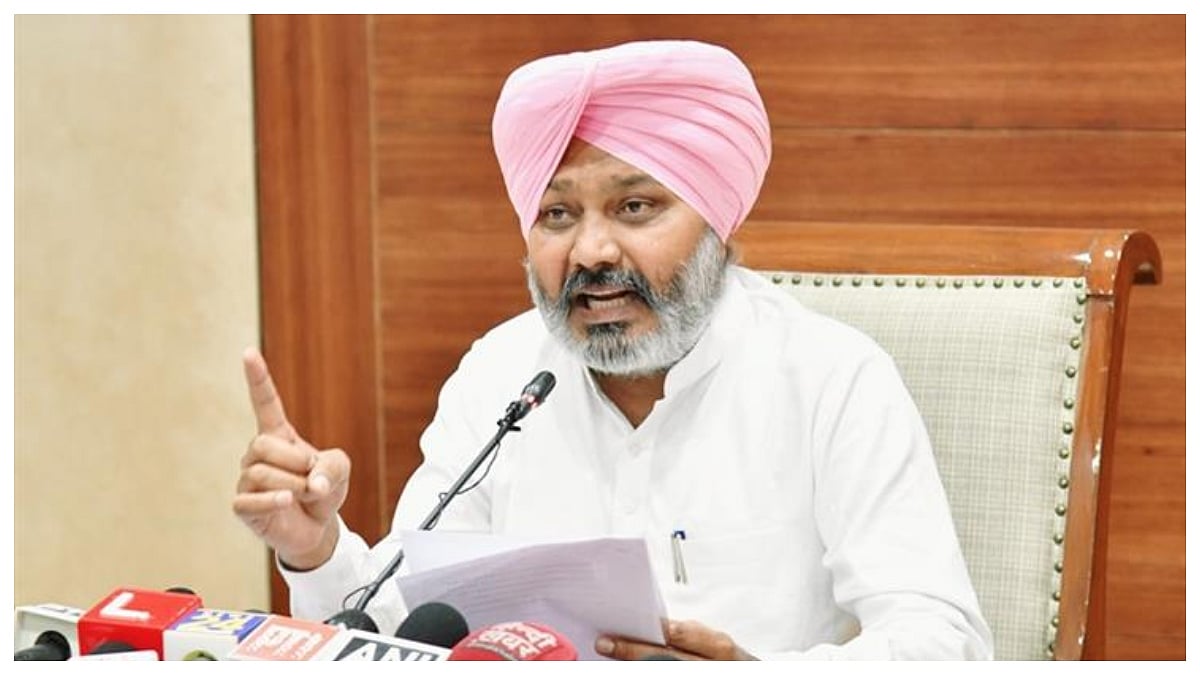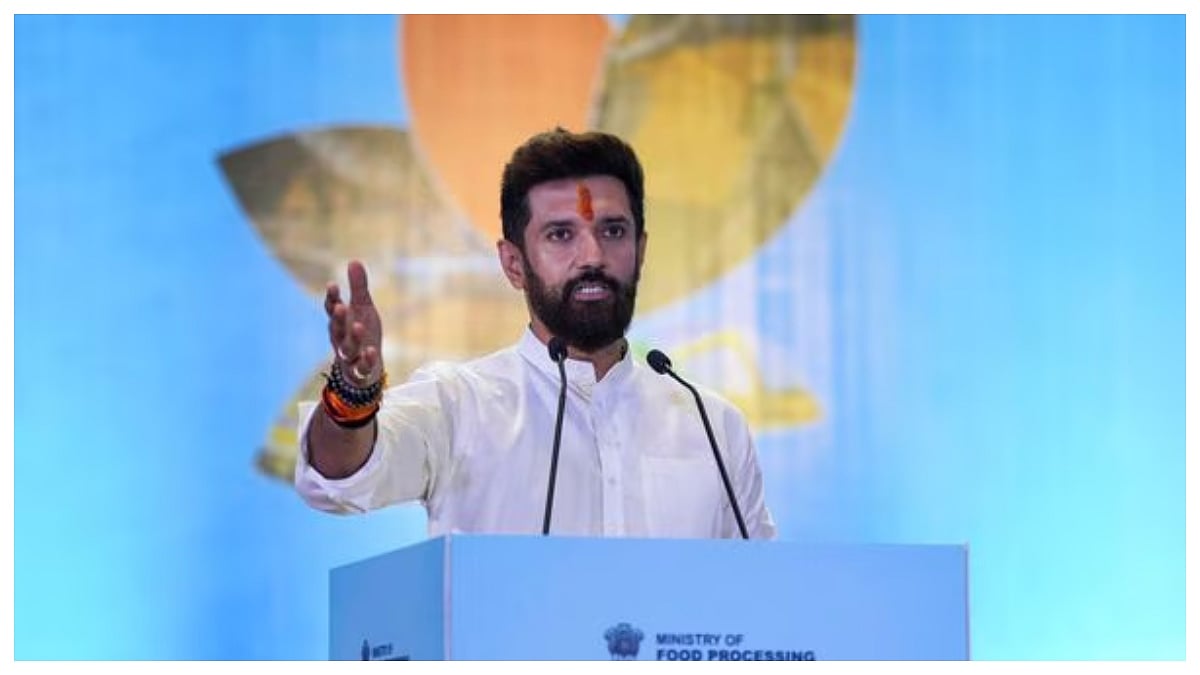During a recent talk on Trevor Noah's "What Now?" podcast, the former CEO and Co-founder of Microsoft, Bill Gates shared his perspectives regarding the potential impact of artificial intelligence (AI) on our job landscape.
When Noah asked Gates about the potential threat of artificial intelligence to employment, Gates said, "maybe there could be a time in the future when humans "don't have to work so hard."
"If you eventually get a society where you only have to work three days a week, that's probably OK," said Gates.
There can exist a world where, he added, "The machines can make all the food and the stuff and we don’t have to work as hard.”
While Artificial Intelligence (AI) may bring about positive changes, Gates has previously highlighted the risks associated with its misuse. In July, he published a comprehensive 3,000-word blog post discussing the potential impact of AI.

In a recent blog post, he talked about the several potential risks of AI, including "misinformation and deepfakes, security vulnerabilities, alterations in the job market, and effects on education."
"This was not the first instance where a new technology caused a significant upheaval in the labor market. I did not think AI's impact would be as dramatic as the Industrial Revolution, but it certainly was as substantial as the introduction of the PC," said the billionaire founder of Microsoft.
It is interesting that Gates is not the only one talking about a shorter workweek. Jamie Dimon, JPMorgan's CEO, also mentioned the possibility that the upcoming workforce might work only 3.5 days a week due to AI. Dimon also highlighted how technology could contribute to longer and healthier lives for individuals.
Meanwhile, in contrast, recently Infosys founder Narayan Murthy stirred controversy after saying that Indians should work for 70 hours a week to contribute to the country's growth. His statement was panned on social media, with users noting that while Murthy spoke about extending work hours, he did not talk about increasing the compensation.
However, the rise of AI and automation has indeed sparked concerns about job stability. Nevertheless, sectors involving skilled trades, manual labor, and roles that blend physical, knowledge, and social work may experience fewer repercussions from this shift. Meanwhile, numerous companies globally are investigating the effects of a shortened workweek, with trials showing improved work-life balance and efficiency.











